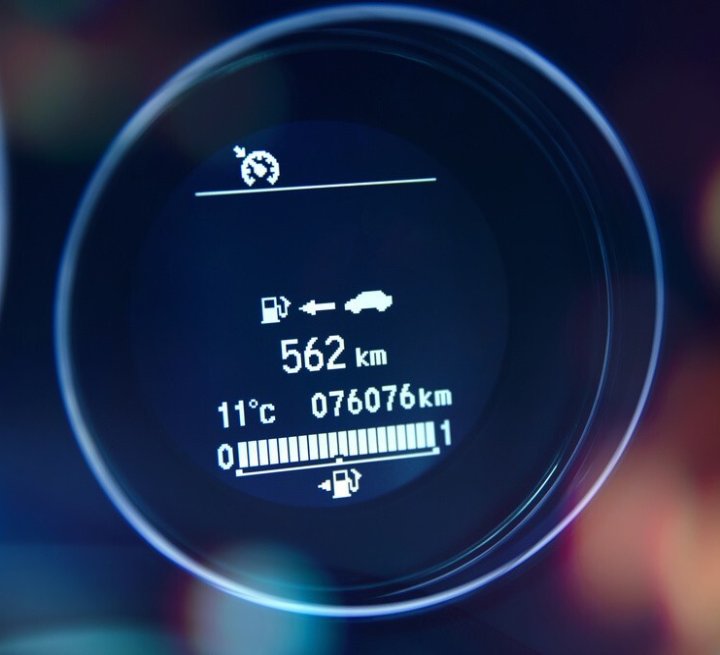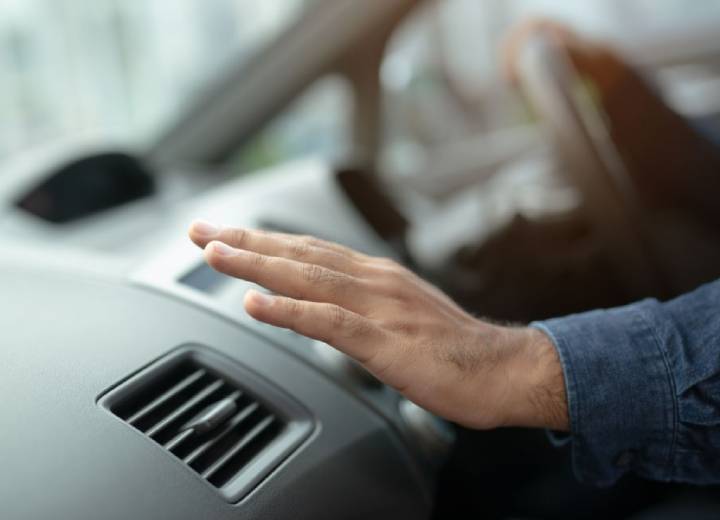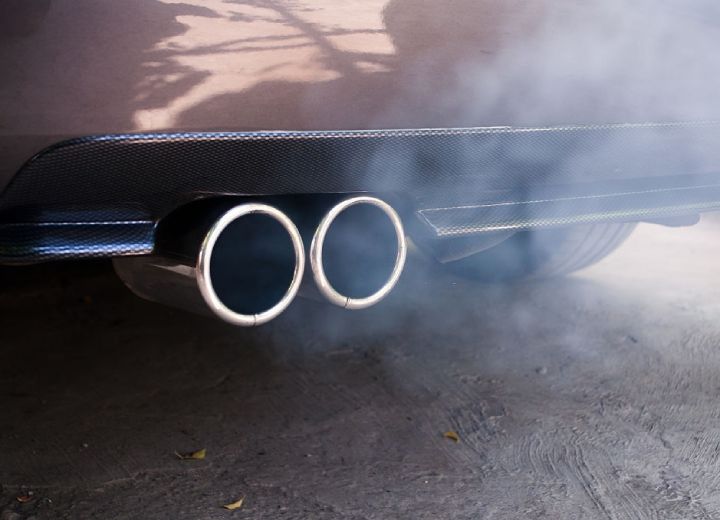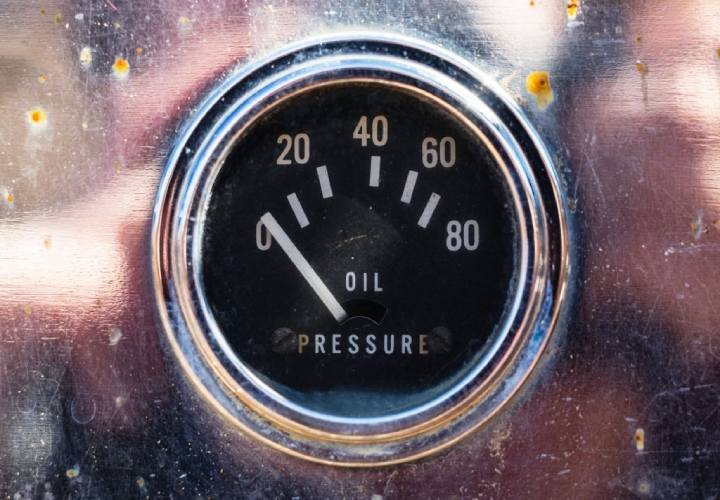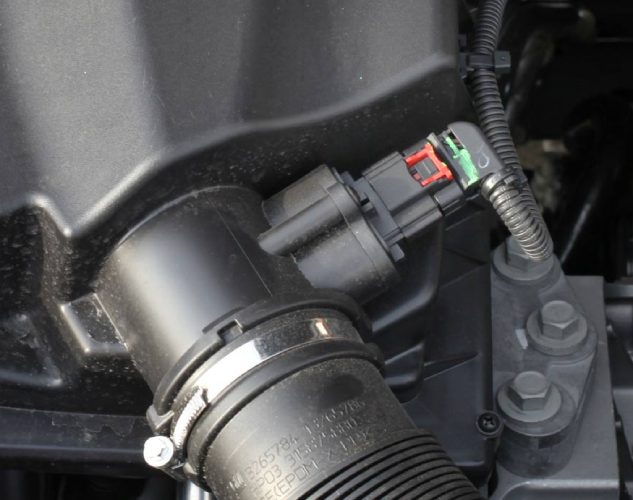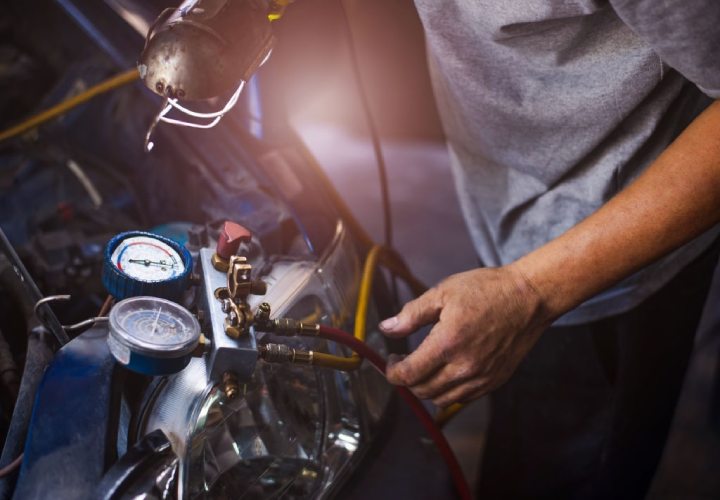An AC compressor is a vital component of the air conditioning system that keeps your car cool in the summer. However, it can sometimes fail due to wear and tear or poor maintenance. I discussed already why a faulty or seized AC compressor won’t affect the transmission, but will it affect the engine?
The AC compressor is directly connected to the engine. That means it will definitely affect the engine if it locks up. Read on for detailed information on how a faulty AC compressor affects your car’s engine and how to fix the problem.
Will A Seized AC Compressor Affect the Engine?
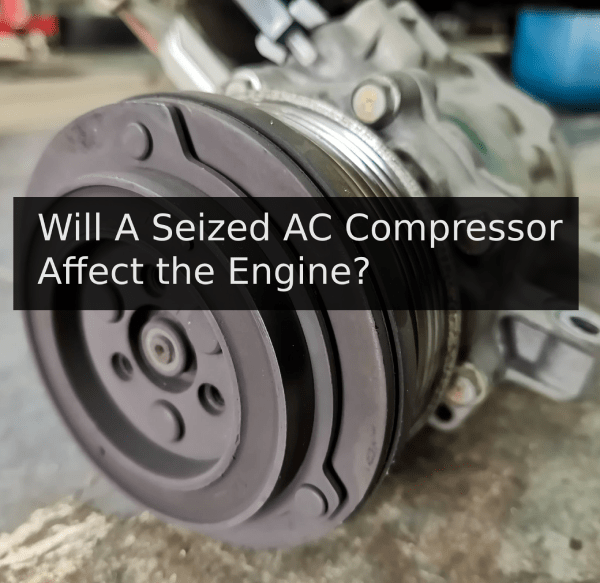
Yes, a seized or locked AC compressor significantly affects the engine since the two are coupled with a serpentine belt. In many cases, it will cause the engine to start harder or fail to start. And even if you start the engine, your car is never safe to drive.
The same serpentine belt that drives the AC compressor also drives the alternator and water pump. If the compressor is seized, these accessories, as well as the engine that drives them, will get affected. The effects of a faulty or seized AC compressor on the engine include reduced power, broken compressor bearing, seized engine, and carbon accumulation. I will discuss each effect in greater detail later.
An AC compressor seizure is commonly caused by incorrect or low-quality refrigerant, low coolant levels, and improper lubrication. Therefore, proper maintenance is necessary to keep it in the best condition possible. Remember, preventive maintenance is the cheapest in the long run!
Is an AC Compressor Connected to The Engine?
By now, you probably figured out that the AC compressor and the engine are indeed connected. But how do they actually work? Let me explain!
An AC compressor is directly connected to the engine through a serpentine belt. When the AC switch is OFF, the engine and AC compressor pulley rotate freely. But when you turn the AC switch ON, the electrical signal causes the AC compressor components to clutch and run together with the engine to compress the refrigerant as needed to keep the car cool.
This direct coupling of engine and AC compressor makes a seized AC compressor catastrophic to the engine. When it locks, the serpentine belt can slip, snap, or wear out much quicker than it should. A snapped serpentine belt will make a considerable dent in your wallet.
Can Bad AC Compressor Cause Engine Overheat
A faulty AC compressor can possibly cause the engine to overheat. A properly functioning compressor does not significantly affect the engine’s performance.
If the AC compressor clutch is engaged, but the compressor does not run efficiently, the strain is transferred to the engine. Also, the water pump connected to the same serpentine belt may be affected. Hence, the engine strain and inefficient cooling can cause it to overheat.
The worst-case scenario happens when the serpentine belt snaps or slackens. The water pump stops working, and the cooling system fails. Your engine overheats, and the cause can be traced back to a faulty AC compressor.
Effects Of a Faulty AC Compressor on The Engine
A faulty AC compressor affects the engine and other accessories in different ways. That means failing to repair or replace a seized one can be catastrophic. The following are the most common effects on the engine:
Poor Performance Due to Faulty Compressor
An AC compressor is like a mini engine and has the same horsepower rating. Under normal working conditions, the powers are equal, and the car’s engine is not overloaded. But if the AC compressor becomes faulty, it can strain the engine.
The extra power from a faulty AC compressor causes a power loss in the engine. The engine becomes less powerful and inefficient. That causes an overall performance deterioration.
Broken Compressors Bearing
A broken compressor bearing can also cause engine seizure if it stays for a long time. A worn-out AC compressor bearing produces a high-pitched squealing or grinding noise. But if it is seized or locked, you will notice belt squeals or the grinding noise becoming apparent.
Most broken compressor bearings often cause it to seize. This stops the serpentine belt from spinning, which may stall the engine.
Related content: Can I Drive My Car with A Bad Ac Compressor?
Stuck Compressor Leading to Seized Engine
The most common causes of compressor failure include too little or too much refrigerant, dirty or frozen coils, and general contamination. A broken blower motor that cannot circulate warm air over the cooling coil can cause a stuck AC compressor.
A stuck AC compressor can cause the engine to get seized. The driver loses access to power steering or brake boosters under these conditions, which can result in accidents. A seized engine problem requires an immediate fix to avoid more severe damages.
Carbon Accumulation
A faulty AC compressor puts more load on the engine. The engine control module interprets that additional pressure and increases the idle speed to compensate for it. That affects the operation of different components responsible for the carbon emission, such as the throttle body valve, EGR valve, and IAC valve. The long-term effect is a buildup of carbon.
You can avoid carbon buildup through proper vehicle maintenance. That will also reduce the chances of AC compressor failure.
What Causes AC Compressor Failure?
Your AC compressor may become faulty due to different reasons, which include the following:
- Broken serpentine belt
- Worn out accessory belt and slips
- Broken internal components
- Faulty clutch and bearing
- Fluid leakage
- Rust and dirt
Final Remarks
Replace a faulty or seized AC compressor as soon as you notice any early signs of failure. You will know when your compressor is about to fail if you experience frequent tripping of the circuit breaker, grinding noise, specific trouble codes, high cabin temperature, and moisture leakage.
You may need to contact an experienced mechanic to help you if you are not an advanced DIYer. It will cost you about $650-$1,000 in parts and $100-$200 in labor.
Timely replacement of a seized or faulty AC compressor prevents severe engine damage. These are costlier to repair or even replace. You should act on time and with speed to save your engine.
Brian is an auto technician who writes DIY repair articles and creates how-to videos for MechanicAsk. He focuses on common repairs like brakes, oil changes, and lighting. Brian draws on his 5 years of dealership experience to explain repairs in an easy-to-follow manner, even for novice do-it-yourselfers. His technical articles always include detailed tool lists, supply checklists, and visual guides.

